‘Insulting’: Nations storm out of climate talks
A bitter row has erupted after an offer of finance was made to help poorer nations tackle the climate crisis.
Chaotic scenes hit international climate talks as developing countries reacted angrily to a finance offer from the rich world resulting in delegates storming out of the meeting with fears talks would collapse.
An offer of $US250 billion ($A385 billion) in annual climate finance by 2035, which would add up to $1.3 trillion, to help poorer nations tackle climate change sparked the intense reaction with the deal labelled as an “insult” and “joke”.
Richer nations were slammed for wanting to see the planet “burn” as the countries have been smashed by climate disasters this year.
Representatives from nearly 200 countries were meeting to co-ordinate global climate action in an event known as COP29.
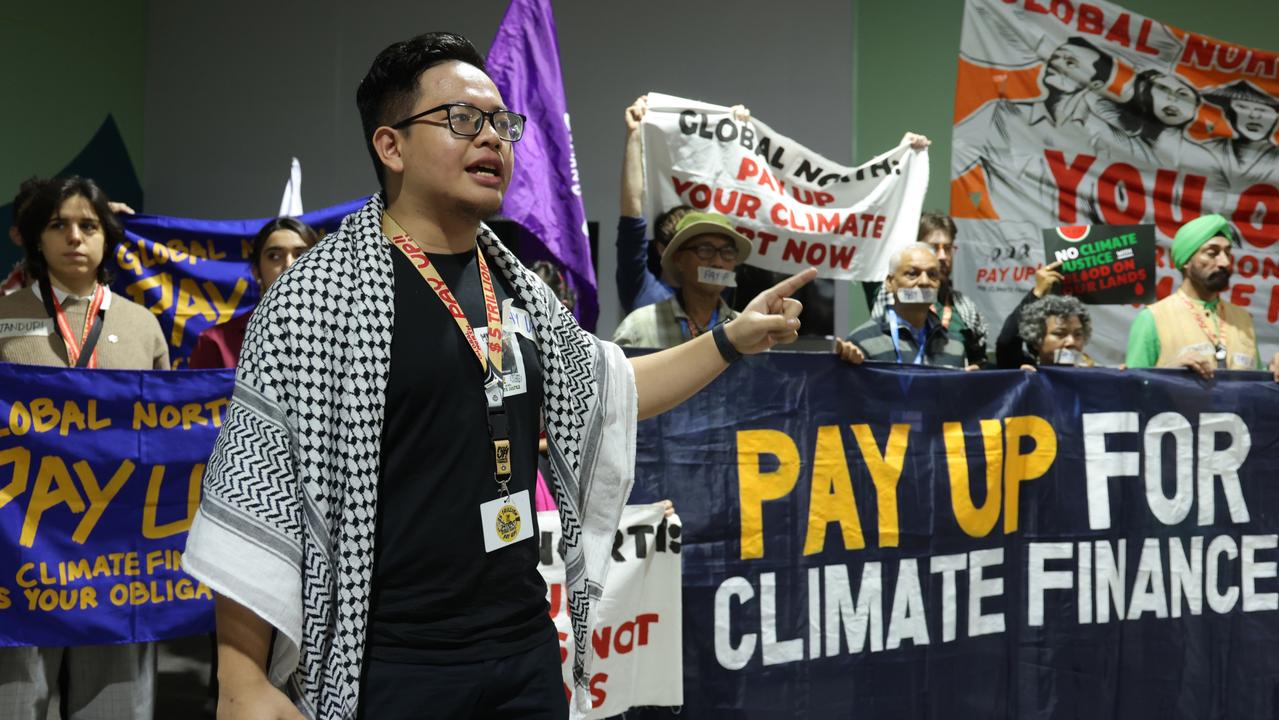
But the proposed deal saw a number of developing nations including the Alliance of Small Island States (AOSIS), which represents small, low-lying island nations, storm out of the meeting amid palpable anger that they were being messed around.
Rising seas and other climate hazards, such as tropical storms pose an existential threat to countries such as the Maldives and the Caribbean, where around 80 per cent of land is less than 1m above sea level.
Panama’s climate envoy Juan Carlos Monterrey Gómez said the money offer was “ridiculous”, adding it “feels like the developed world wants the planet to burn”.
“What we need is at least $5 trillion a year, but what we have asked for is just $1.3 trillion. That is 1 per cent of global GDP. That should not be too much when you’re talking about saving the planet we all live on,” he told The Guardian.
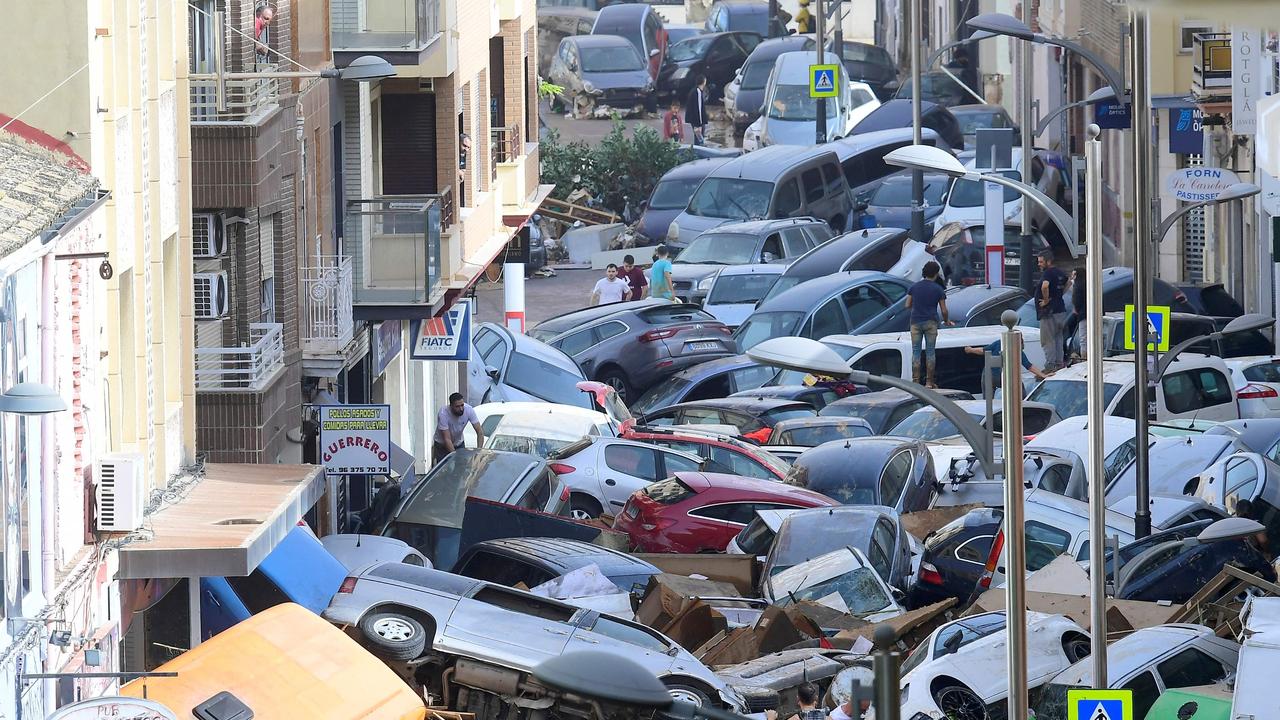
He added that dividing the proposed $250 billion between all the developing countries would leave nations with very little money.
“It comes to nothing when you split it,” he said.
“We have bills in the billions to pay after droughts and flooding. What the heck will $250 billion do? It won’t put us on a path to 1.5C. More like 3C.”
Analysts have said the $250 billion target would only be a modest increase in finance for countries like the EU, as well as Australia, the United States, Britain, Japan, Norway, Canada, New Zealand and Switzerland.
Meanwhile, $US120 billion had also been pledged by multilateral development banks and $US65 billion in private investment as part of the funding.
“Without much of a lift, developed countries should be able to meet that amount by 2030,” David Waskow, director of the international climate initiative at the World Resources Institute told Reuters.
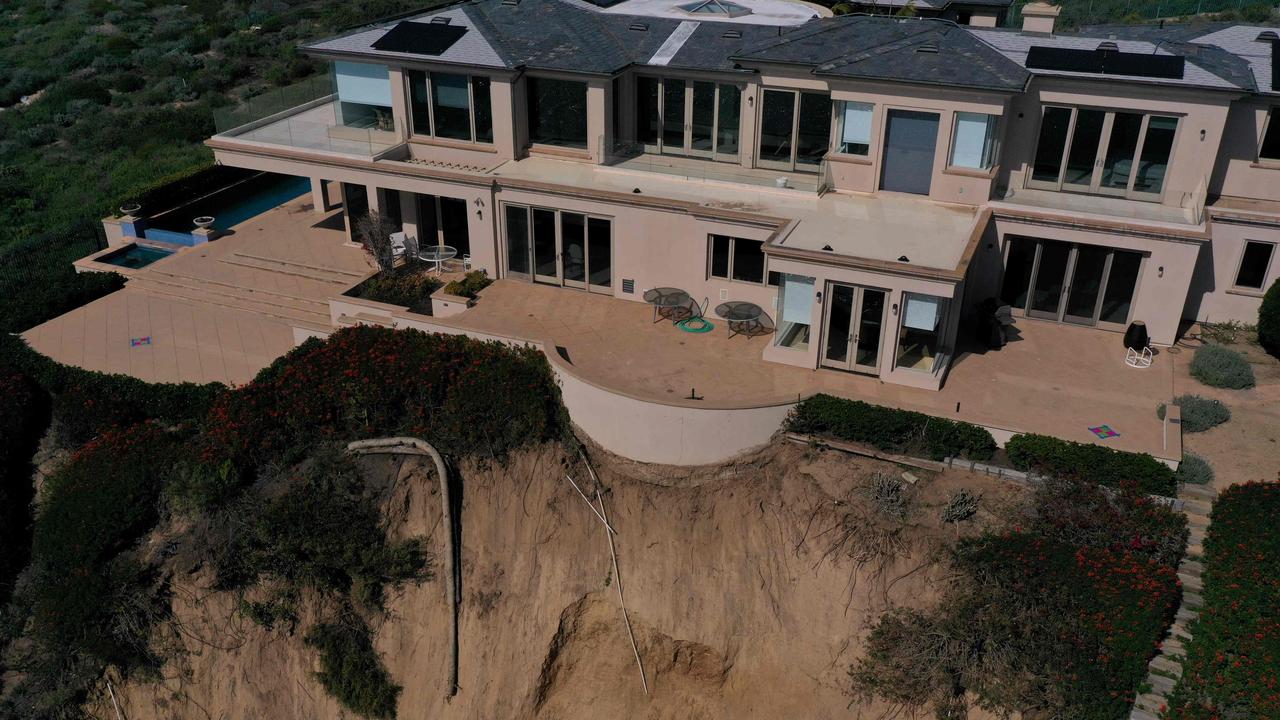
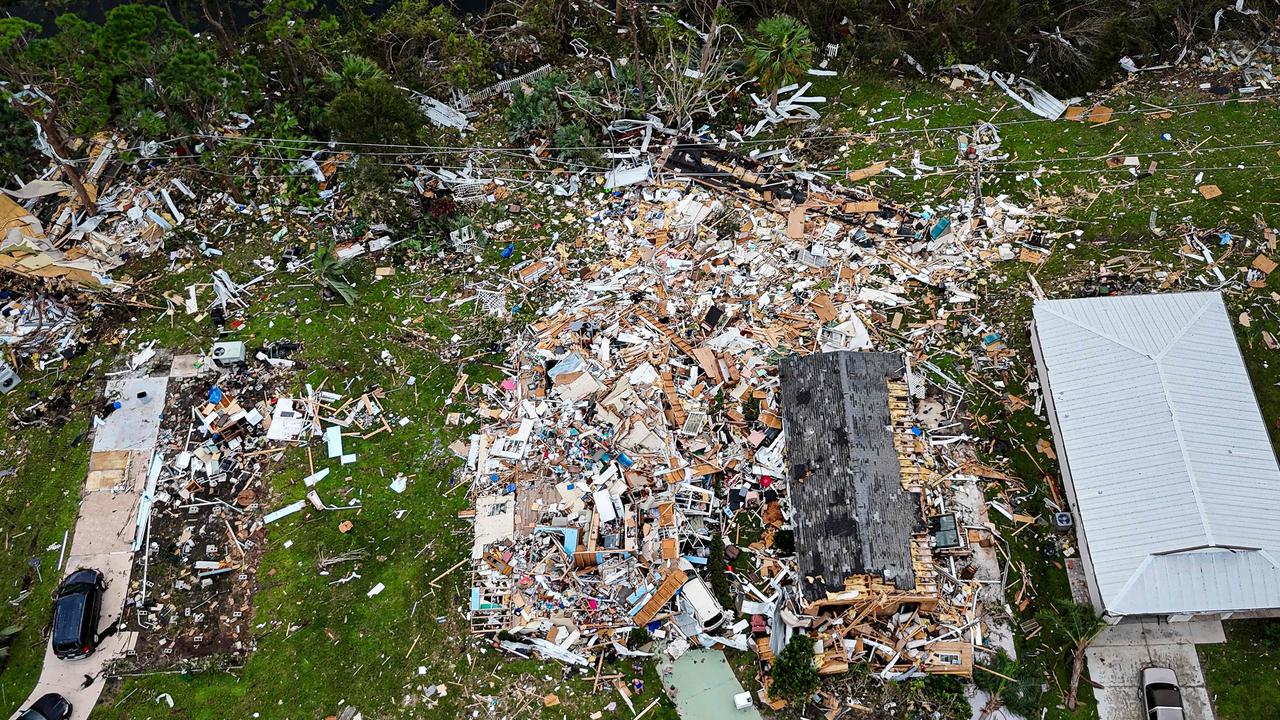
Brazil Environment Minister Marina Silva proposed $US300 billion a year until 2035, when the number would jump to $US390 billion a year, arguing that otherwise lives around the world as well as the planet would be hurt.
The talks are being held over two weeks in the Azerbaijan capital Baku with civil groups also criticising the finance offer as “an insult, “embarrassment” and a “joke” and “playing poker with people’s lives”.
Power Shift Africa thinktank co-founder Mohamed Adow, said expectations were low, “but this is a slap in the face”.
“No developing country will fall for this. It’s not clear what kind of trick the presidency is trying to pull. They’ve already disappointed everyone, but they have now angered and offended the developing world,” he added.
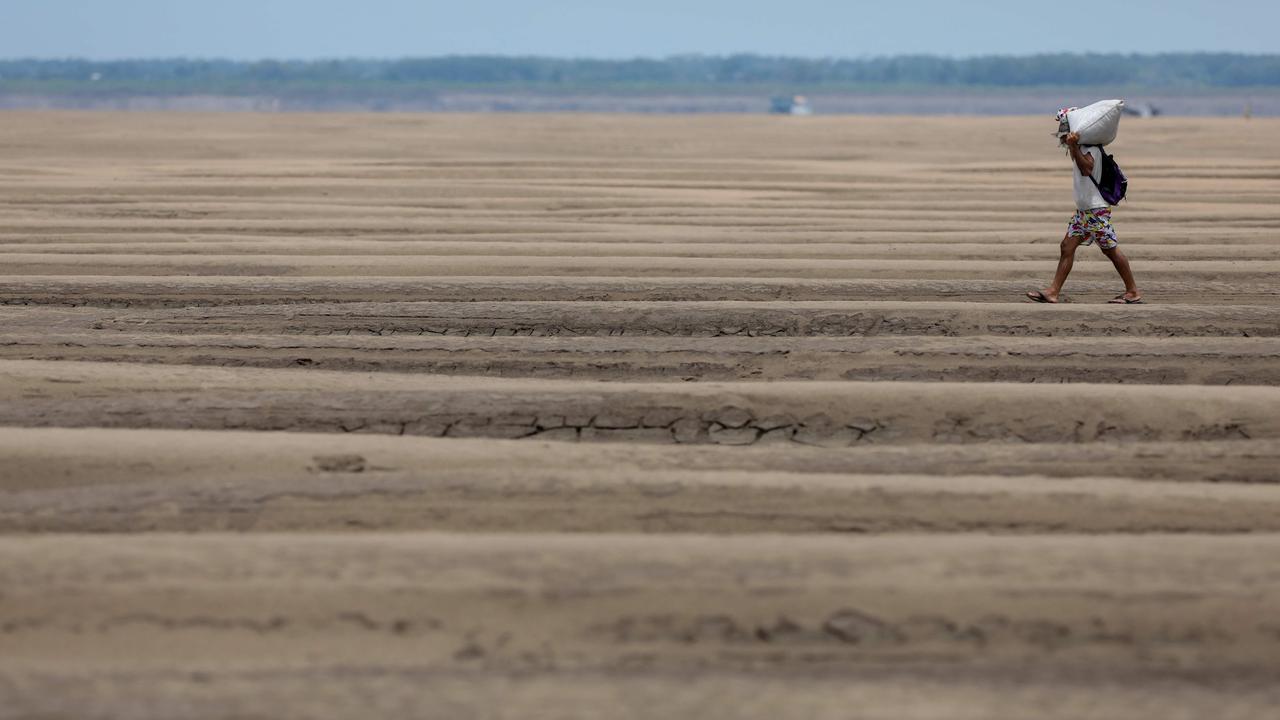
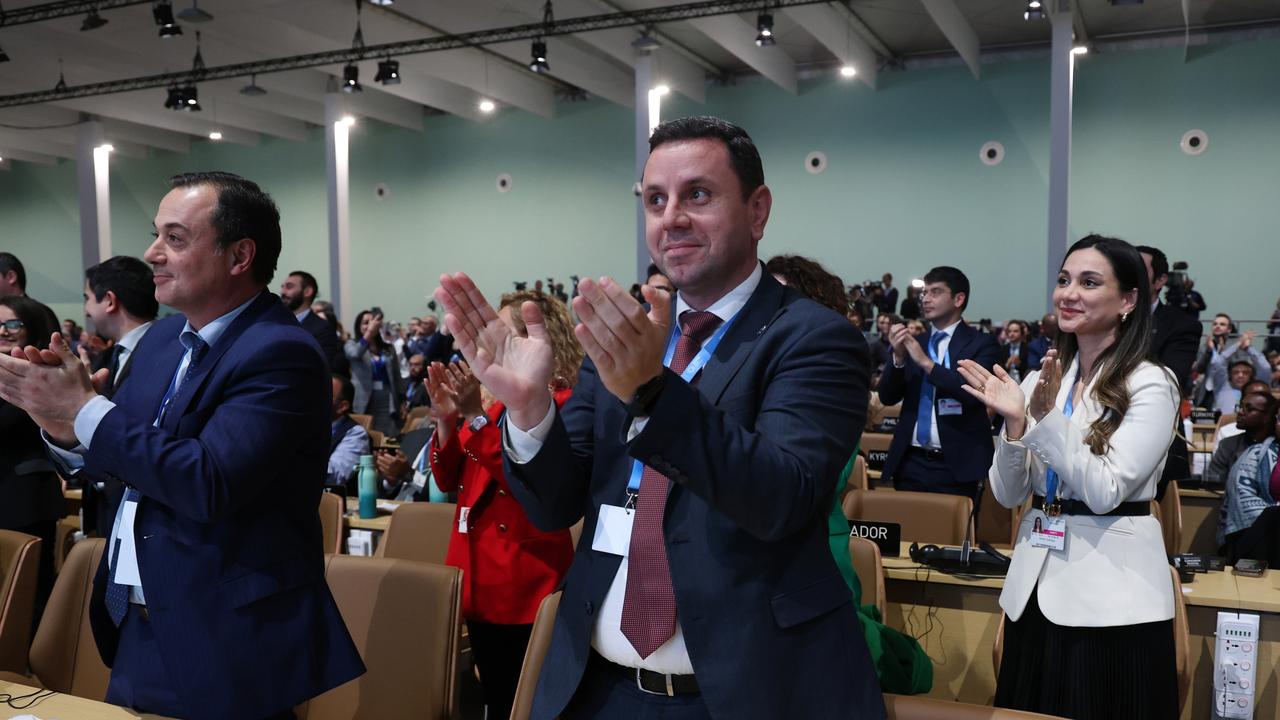
However, the crisis was averted despite the meeting running days late when the countries came to a new agreement.
The meeting cut a deal offering developing countries $300 billion per year by 2035, with applause filling the room after it was approved.
However, not everyone was happy with India’s representative describing the deal as “abysmally poor” and “a paltry sum”.
It comes as scientists warn that this will be the hottest year on record for the world, which has seen widespread flooding killing thousands across Africa and more than 200 in Spain recently, deadly landslides in Asia and drought in South America.
The United States has also been smashed with multiple disasters costing the nation $24 billion already.





